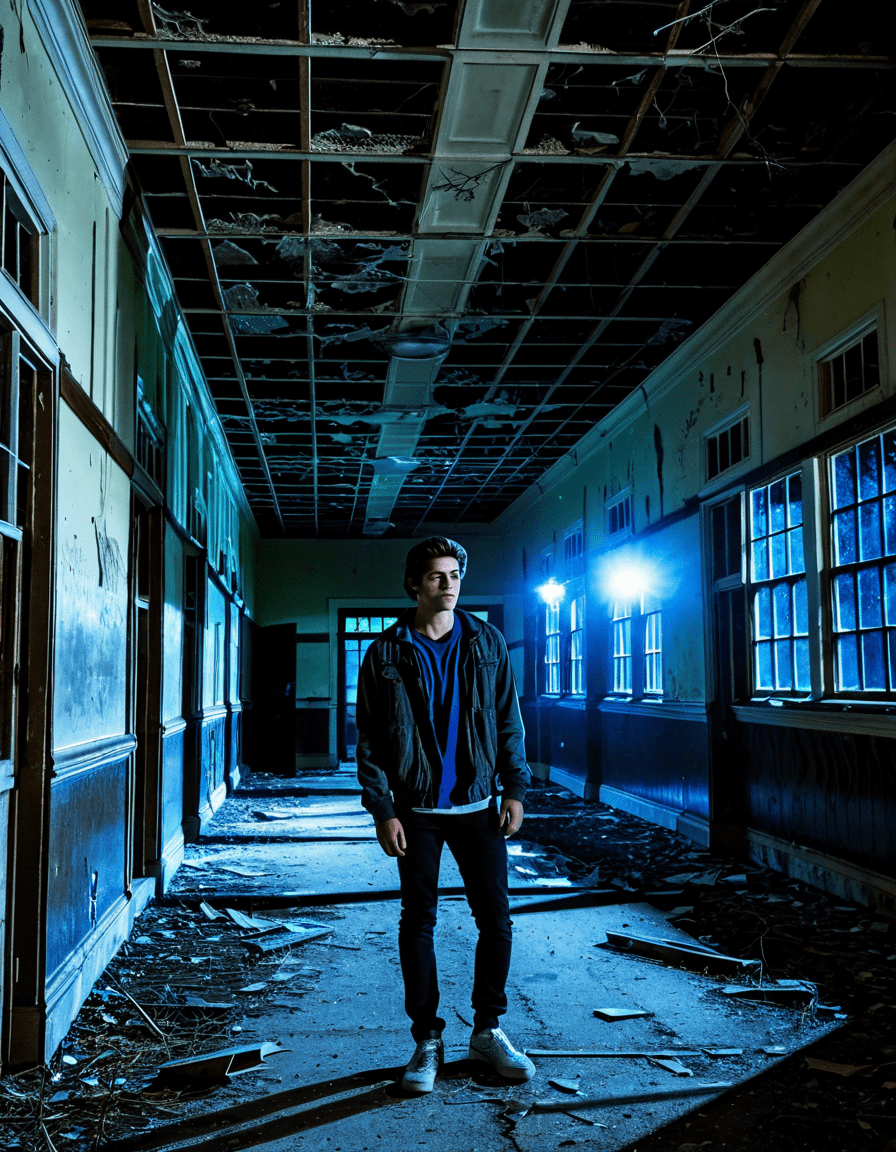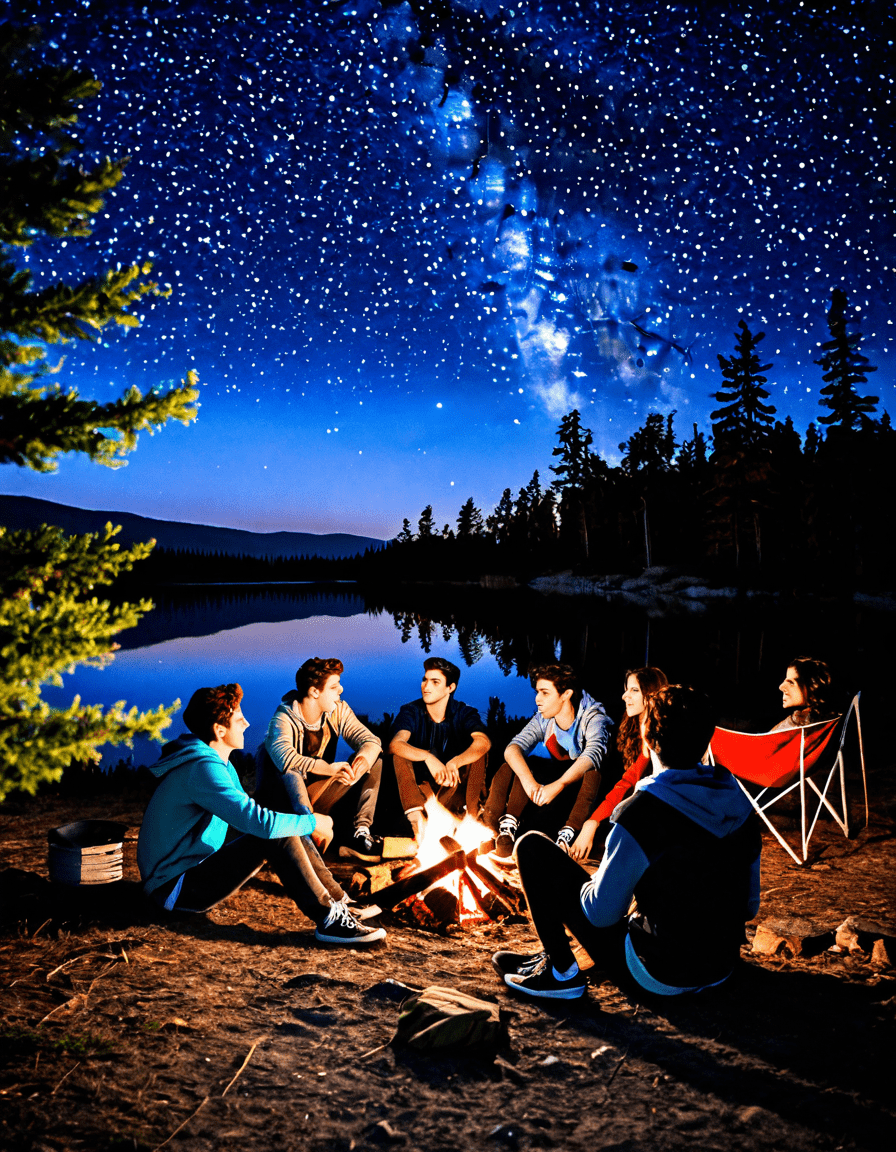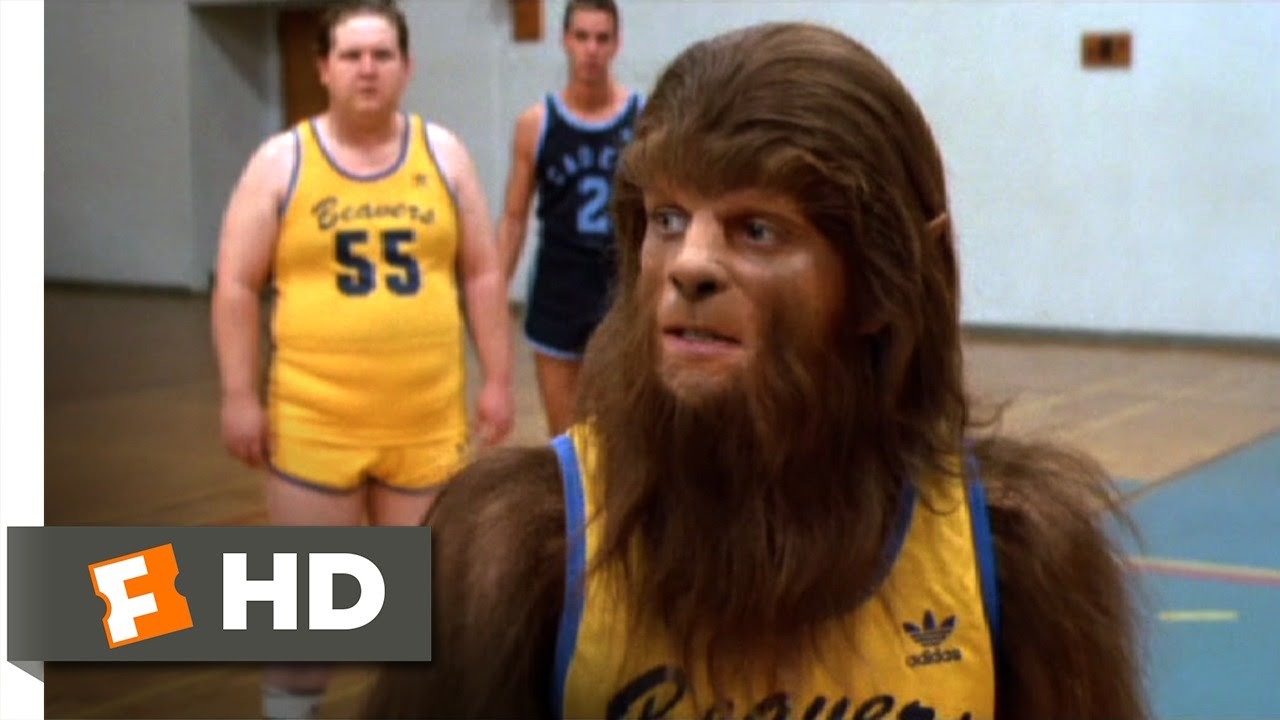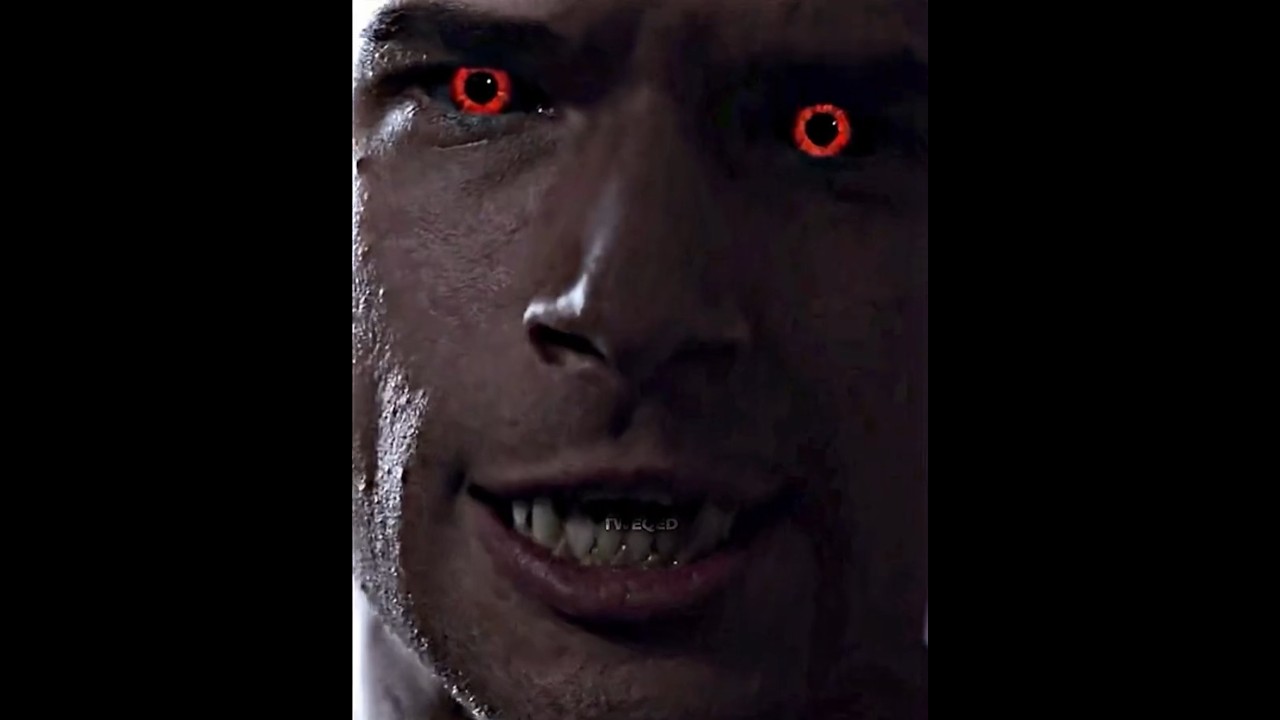The supernatural teen drama genre has given us unforgettable characters, but few have made an impact as profound as Scott McCall in Teen Wolf. Since its launch in 2011, Teen Wolf has won hearts and minds, not only with gripping narratives but also compelling character arcs. Today, we’re diving deep into the elements that have cemented Scott McCall’s legacy, and we’ll find parallels with other legendary cohorts, like the Teen Titans.
Top 7 Elements Contributing to the Legacy of Teen Wolf

1. Character Evolution: From Boy to Hero
Scott McCall starts as your average high school kid—awkward, uncertain, and perhaps a little unsure of himself. But thanks to his transformation into a werewolf, he inadvertently morphs into a ruler-worthy leader. This evolution resonates strongly with viewers who are sailing their teens, proving that heroism lies in courage, empathy, and a moral compass. Indeed, Scott teaches us that to be a hero is to show strength of character, not just physical prowess.
The shift happens gradually, with every conflict revealing more layers to his personality. The journey encapsulates the challenges of growing up, much like characters in Teen Titans who tackle their own real-life teenage dilemmas while managing their abilities. There’s something undeniably relatable about Scott’s growth that mirrors the frustrations and victories we all face.
2. Mythical Creature Representation
One of the most engaging aspects of Teen Wolf is its ability to intertwine the supernatural with the pressures of adolescence. Werewolves, banshees, and other supernatural beings aren’t just dramatic plot devices; they symbolize real struggles. They mirror the emotional turbulence, identity crises, and societal pressures teens face—from rejection to fitting in.
This mix gives Teen Wolf a storytelling depth reminiscent of Teen Titans. In that universe, young superheroes grapple with the consequences of their powers while confronting personal conflicts. Just as Scott navigates his identity as a werewolf, Robin and his crew wrestle with the weight of their abilities and the expectations that come with them.
3. Friendship and Loyalty
At the heart of Scott’s adventure is the unbreakable bond he shares with friends like Stiles and Lydia. Their friendship shines as a poignant reminder of just how integral camaraderie is during tough times. Through thick and thin, Scott’s crew stands by him, emphasizing that life’s challenges become a whole lot easier when faced together.
This concept of loyalty is not just relevant in Teen Wolf; it’s also a pivotal element in Teen Titans. The Titans depict how support within a community—be it friends or fellow heroes—can help anyone face personal demons. As fans, we cheer for the relationships that foster resilience and show how vital it is to uplift one another.
4. Diversity in Character Backgrounds
One of the standout features of Teen Wolf is its embrace of diverse characters. Each portrayed individual comes from different backgrounds, flaunting distinct personalities and experiences. This mix adds richness to the narrative and ensures that viewers from all walks of life can see themselves reflected on screen.
The dynamic cast is similar to what we see in Teen Titans where classes, cultures, and experiences merge. Heroes like Raven and Beast Boy come with their unique stories, creating layers within their character arcs. In both series, this diversity enhances storytelling, making each journey relatable.
5. The Role of Mentorship
A significant theme throughout Teen Wolf is the mentorship Scott receives from influential figures, especially Derek Hale and Deaton. Their guidance plays a critical role in shaping Scott into a formidable leader. It illustrates a vital lesson: growth often doesn’t occur in isolation; learning from others dramatically influences our development.
This element finds strong echoes in Teen Titans. Robin mentors younger heroes, showing the importance of guidance on the path to becoming one’s best self. Whether it’s sharing wisdom or facing challenges together, mentorship turns out to be a powerful tool in personal growth.
6. Feminist Undertones
Teen Wolf features strong, independent female characters like Allison Argent and Kira Yukimura. These women aren’t just love interests; they are warriors in their own rights, driving narratives forward and influencing Scott’s journey. Their portrayal challenges the archaic notion that stories must center solely around male protagonists.
This is paralleled in Teen Titans, where characters like Starfire and Raven bring depth and complexity. They play critical roles in the team’s dynamics and story arcs, proving that strong female characters are vital to enriching narratives in any genre.
7. Impact of Social Issues
Beyond supernatural thrills, Teen Wolf takes on weighty social themes, from mental health struggles to the lasting effects of addiction. These issues feel real and poignant, providing viewers with more than just entertainment—there’s room for empathy and understanding.
Similarly, Teen Titans often discusses themes of trauma and healing, making both stories vital in advancing the conversation around mental health and emotional well-being. In an era where these topics gain much-needed attention, Teen Wolf provides a refreshing perspective, urging viewers to think critically while being entertained.

Maintaining Relevance: The Continued Influence of Teen Wolf
Fast-forward to 2026, and Teen Wolf still influences pop culture. New remakes and spin-offs breathe fresh life into Scott McCall’s legacy, ensuring young viewers connect with the character’s journey. For those already familiar with the lore, this revitalization sparks discussions about the evolution of character narratives, particularly in a landscape that often favors spectacle over substance.
Engaging with story arcs where growth and friendship take precedence invites fans to analyze how youth-oriented narratives can blend action and realism. Youth narratives in shows like Teen Wolf and Teen Titans provide a solid foundation for creators eager to explore rich, layered stories that speak to modern-day challenges.
Ultimately, the essence of Teen Wolf isn’t solely about supernatural escapades; it serves as a nostalgic reminder of the collective experiences of adolescence. As time rolls on, Scott McCall will continue inspiring new generations, reminding us all how vital it is to embrace our identities while navigating the wild ride of youth. This rich legacy cements the idea that storytelling has the power to reflect not just fantasy, but also the realities we all experience in our own lives.
So, here’s to Teen Wolf—a glorious mix of werewolves, friendships, and life lessons that transcends both time and culture. Who knows? The next generation may just fall in love with these timeless stories again, reminding us all of the thrilling journey that is growing up.
Teen Wolf: The Thrilling Journey of a Legendary Character
A Howl of a Tale
When you think of iconic characters, few stories resonate like that of Teen Wolf. Inspired by the 1985 film of the same name, this series took the classic teen horror trope and made it fresh, blending supernatural elements with real emotional stakes. Interestingly, the show’s creator, Jeff Davis, wanted to capture the essence of adolescence, much like how Nipsey Hussle did for his genre—bringing authenticity to art. While Scott McCall, played by Tyler Posey, navigates high school drama and werewolf woes, he’s also growing up, which mirrors the struggles many face during their teenage years.
As the show progressed, it didn’t just focus on the supernatural but intertwined personal relationships that kept fans hooked. Trivia for the hardcore fans: did you know that the promotion for Teen Wolf sometimes crossed paths with events like America Vs Pumas, showcasing the show’s wide-reaching influence in popular culture? The show’s blending of fun, adventure, and heart keeps the audience engaged, forming an almost symbiotic relationship with its viewers.
Behind the Scenes Magic
Ever wonder about the behind-the-scenes nitty-gritty? The Teen Wolf set buzzed with energy and creativity, with a cast and crew who were dedicated to bringing each episode to life. Fun fact—Tyler Hoechlin, who played Derek Hale, initially auditioned for Scott’s role! Imagine how different things could’ve been if he’d stolen that role! Speaking of talent, it’s worth noting that the show has featured some pretty famous guest stars. For instance, Joe Machi, famed comedian, made a memorable appearance, blending humor into the thrilling atmosphere.
Moreover, the filming locations added a unique charm to the series. Many scenes were shot in locales like Amc burlington, providing picturesque backdrops that enhanced the mystical vibe. It’s amazing how much the right setting can amplify a story! And like the characters in Teen Wolf, who faced countless challenges, real-life inspiration can be found throughout the entertainment industry. Just think about the resilience shown in sports history—like that of Lou Gehrig, who taught us that overcoming obstacles is all part of the game.
The Impact of Teen Wolf
The legacy of Teen Wolf doesn’t stop at the finale. It paved the way for supernatural dramas and influenced a generation of teen shows. If you’re a fan of intense storytelling, you might also enjoy Colombiana, as both tales intertwine action with character development. Plus, the emotional depth of the series resonates with aspects of life, much like how Barbara Barrie has brought multifaceted characters to the screen over the years.
So, whether you’re reminiscing about Scott’s journey through love, loss, and of course, lycanthropy, or you’re diving into the subsequent pop culture influences, Teen Wolf remains a fascinating discussion. It brings a sense of nostalgia while subtly hinting at the lessons of growth, challenge, and friendship. The thrill of the chase, be it in high school or dealing with supernatural entities, continues to echo through time.








